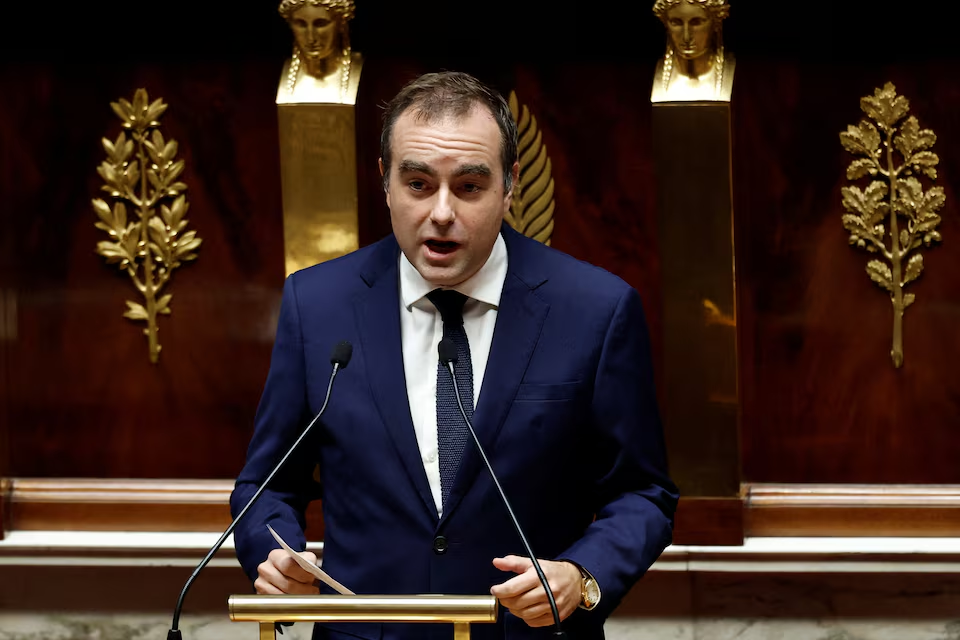President Donald Trump Requests $1.01 Trillion Defense Budget for Fiscal Year 2026
The White House announced on Friday that President Donald Trump has requested $1.01 trillion for the defense budget for the fiscal year 2026. This significant amount is part of the national security policy, which includes plans to restructure the Pentagon under the leadership of Defense Secretary Pete Hegseth.
President Donald Trump Requests $1.01 Trillion Defense Budget for Fiscal Year 2026
President Donald Trump Requests $1.01 Trillion Defense Budget for Fiscal Year 2026
[Washington, May 3, 2025] – The White House announced on Friday that President Donald Trump has requested $1.01 trillion for the defense budget for the fiscal year 2026. This significant amount is part of the national security policy, which includes plans to restructure the Pentagon under the leadership of Defense Secretary Pete Hegseth.
The Big Picture: This is an ambitious budget proposal – a high-cost plan to meet high goals. It has been proposed at a time when Trump has called for cuts in spending in other areas. In April, he stated, "No one has ever seen anything like this."
In his first 100 days, the president promised to revive America's shipbuilding industry, which had weakened due to China's rise. He also announced plans to create a missile defense system named "Golden Dome," similar to the Reagan-era system. Additionally, modernization of nuclear weapons is on the agenda, which, according to the Congressional Budget Office, will cost $946 billion over the next decade.
Trump's Spending Priorities:
-
Strengthening homeland security,
-
Countering China in the Indo-Pacific region,
-
Revitalizing the U.S. defense industry.
However: The budget request is essentially a wish list. Ultimately, it is Congress that approves the budget.
Behind the Comments: The White House wants the additional $119 billion for defense to be included in the ongoing 'reconciliation bill,' although the rest of the budget will remain the same as last year at $893 billion.
A White House official told reporters that this would be "historic" spending, bringing the ratio of defense spending to GDP close to Reagan-era highs. The official stated that through the 'reconciliation' bill, funding could be directed to specific security areas more easily.
However, Senator Roger Wicker (Republican, Mississippi), chairman of the Senate Armed Services Committee, expressed concern about this approach, stating that the proposed allocation for the Pentagon is not sufficient.
Senators Susan Collins (Republican, Maine) and Mitch McConnell (Republican, Kentucky) have voiced similar concerns.
Background: A day before this budget announcement, Defense Secretary Hegseth had instructed the military to restructure. His memo included the following points:
-
Merging the Futures Command and the Training & Doctrine Command,
-
Rebuilding attack helicopter squads and strengthening capabilities with cost-effective drones,
-
Deploying long-range missiles by 2027 capable of hitting moving targets on land and at sea,
-
Strengthening U.S. military presence in the Indo-Pacific region, where tensions with China are rising.
Virginia Congressman and former Navy commander Gen. Keegans stated last month at an Axios event, "One trillion is a huge amount." However, he also mentioned, "I commend the prioritization of the defense budget because submarines, aircraft carriers, and shipbuilding are very expensive. But many in my party have opposed it."










